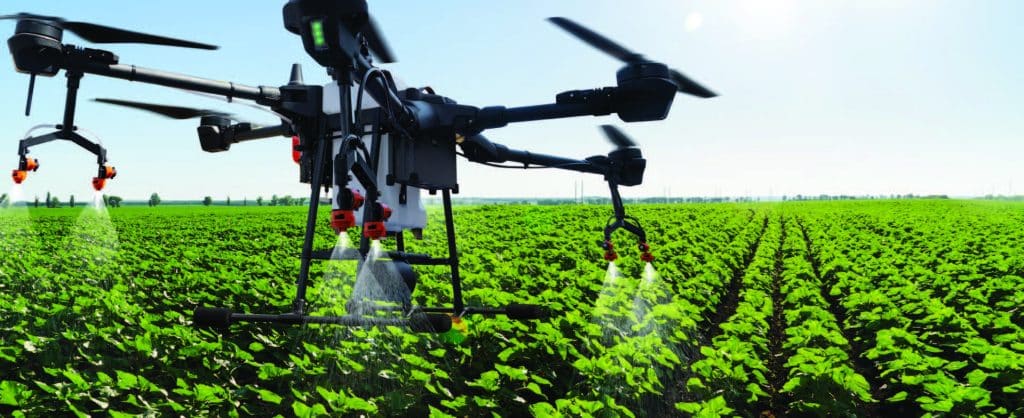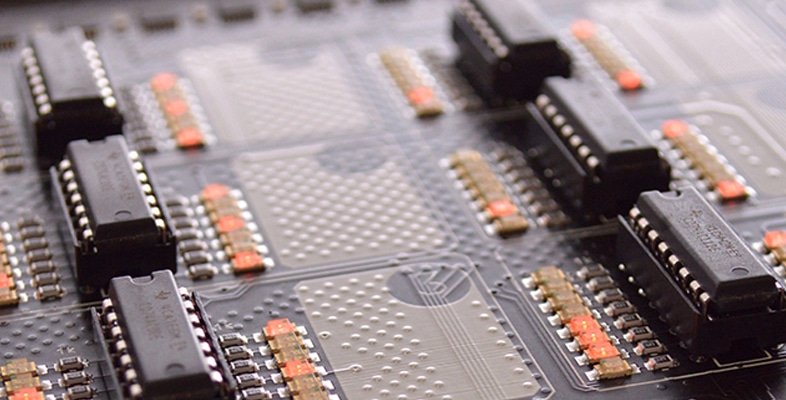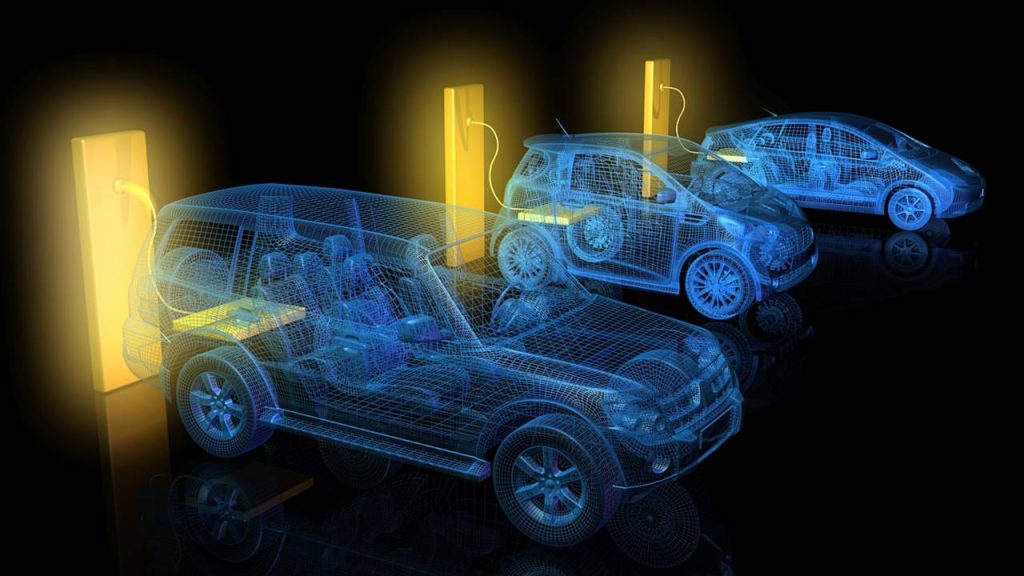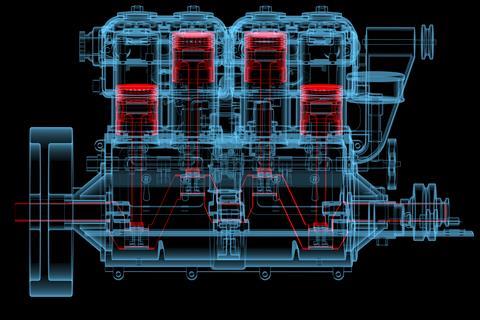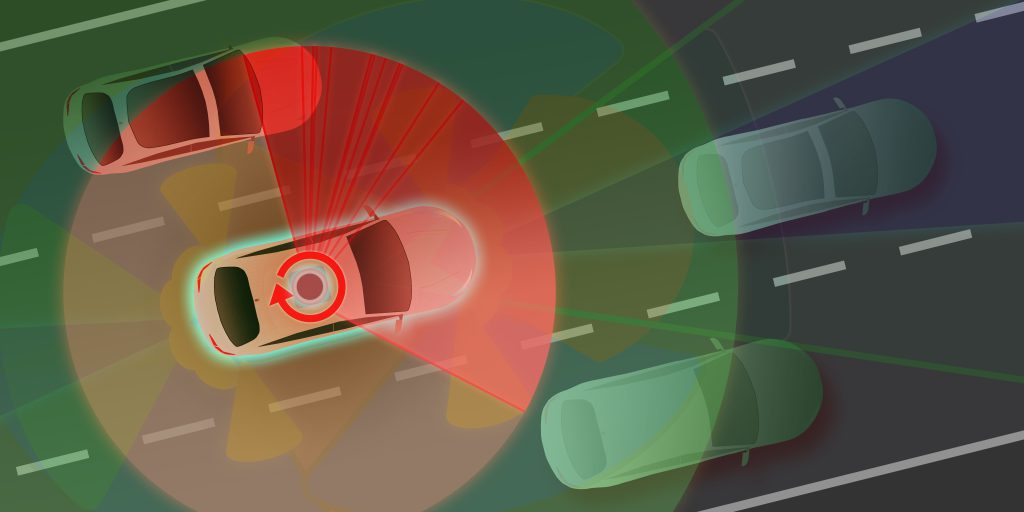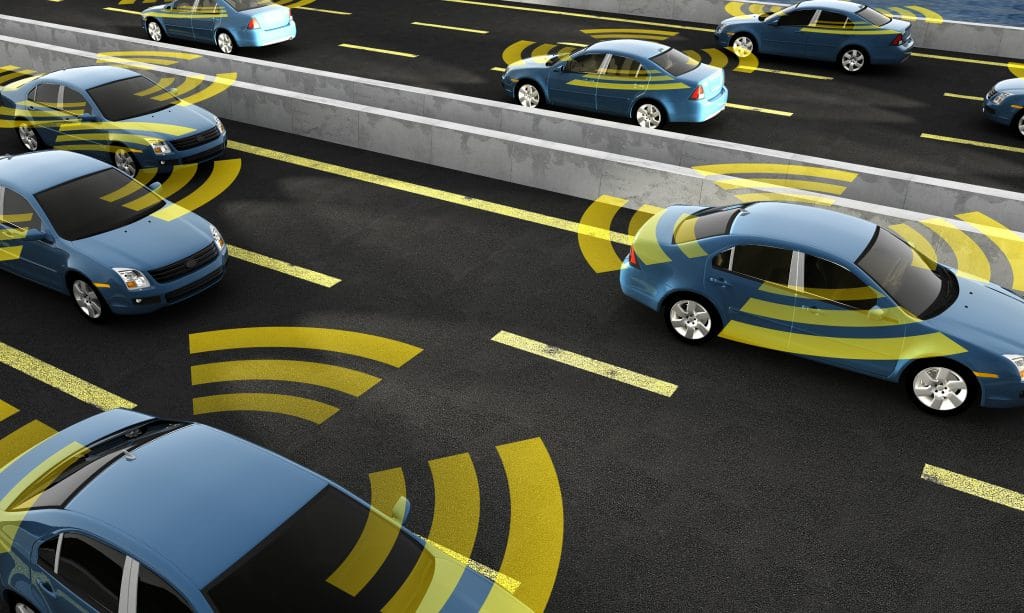Student
Aerospace Program Technology Curriculum Resource Packet
This resource packet was developed by a partnership between the SpaceTEC National Center of Excellence, Brevard Community College, and the NASA Education Office at the Kennedy Space Center. The easy-to-use booklet provides listings of all the necessary materials and step-by-step instructions on how to conduct the experiments in a classroom or laboratory environment. The experiments
Aerospace Program Technology Curriculum Resource Packet Read More »
Introduction to Electronics
This learning module is provided by Work-Ready Electronics and provides an introduction to electronics. Work-Ready Electronics modules are intended to be used either independently or integrated with current electronics curricula in college programs. This module is divided into three sections: Course Materials, Learning Activities, and Resources.
Introduction to Electronics Read More »
Advanced Engines in Hybrid Electric Vehicles (HEVs)
This Advanced Engines in Hybrid Electric Vehicle module consists of a PowerPoint presentation, two labs, and a syllabus designed to enhance automotive engine courses with HEV technologies and was developed through seed funding from the Center for Advanced Automotive Technologies (CAAT).
Advanced Engines in Hybrid Electric Vehicles (HEVs) Read More »
Fundamentals of Remote Sensing
The document is divided into the following chapters: Introduction, Sensors, Microwaves, Image Analysis, Applications, and more. Each chapter includes descriptions, definitions, graphics, and diagrams. Additionally, each chapter ends with a short answer review question along with its answer.
Fundamentals of Remote Sensing Read More »
Fundamentals of LiDAR Technologies
This 45-page resource, from Baker College, is an educational module that provides theoretical knowledge about the growing technology of Lidar. The module includes a laboratory component where students experiment with an industry grade commercial Lidar device and learn hands-on about its features and performance. The module can be embedded in courses in photonics, electronics, advanced
Fundamentals of LiDAR Technologies Read More »
Module 8: Lesson 1- High School- Radar & LiDAR Systems in Intelligent Transportation Systems
Autonomous vehicles or self-driving vehicles are expected to remove the actions of human beings from the transportation equation, which contribute to more than 90% of motor vehicle crashes. Technologies already exist which enable “driverless” vehicles to operate on our roadways and promise many benefits. Innovations at work today are demonstrating the potential to significantly improve
Module 10: Lesson 1- High School- Intelligent Transportation Systems- Smart Work Zone
Lesson:1-Connected vehicle (CV) safety applications are designed to increase awareness of what is happening in the environment as people drive, walk, or bike within our transportation system. In this lesson, students will recognize the need for intelligent transportation technology and connected vehicles within work zones on the roadway. Students will develop ideas on how ITS
Module 10: Lesson 1- High School- Intelligent Transportation Systems- Smart Work Zone Read More »
Module 9: Lesson 1- High School- Dynamic Message Signs Using Makey Makey
Dynamic Message Signs (DMS) use active, changeable displays to enhance roadway safety as part of an intelligent transportation system (ITS). An ITS does not always have to be a large, complex, and expensive system. Sometimes a single DMS with warning lights or a driver feedback display can make a positive difference when strategically applied. DMS
Module 9: Lesson 1- High School- Dynamic Message Signs Using Makey Makey Read More »

